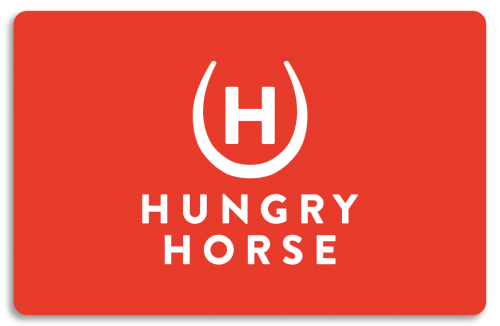Not a bar chasing trends or a chain chasing cocktails, but a place where real ale is pulled with care and a real fire crackles away in the grate.
It’s a magic that survives everywhere, from a busy branch of JD Wetherspoon, to a handsome market town tavern, right through to a tiny village pub that seems to exist slightly outside of time.
The simple alchemy of ale and fire
At the heart of it is a kind of everyday alchemy. The gentle warmth of the fire, the low murmur of conversation, the slow pour of a pint that’s been conditioned rather than carbonated. These are not loud pleasures. They don’t demand attention. They invite you to stay.
A real fire changes a room. It softens voices, slows movements, and turns a pub into a refuge rather than a venue. Add a well-kept cask ale, nutty, malty, floral, or faintly bitter, and the outside world loses its urgency.
The Wetherspoon with a working hearth
It sometimes surprises people to hear it said, but even a large national pub can capture this magic. Step into the right Wetherspoon on a cold afternoon and you’ll find leather chairs pulled closer to the fire, regulars nursing a pint and a paper, and a changing guest ale board that quietly celebrates British brewing.
There’s a democratic comfort to it. Pensioners, shift workers, families, and solo drinkers all sharing the same space, all warmed by the same flames. No pretence, no pressure — just a pub doing what pubs have always done.
The market town tavern
Move on to a market town and the atmosphere shifts again. These pubs often sit at the crossroads of old trade routes, their walls steeped in centuries of deals, gossip, and celebration. The fire is usually older, the beams lower, the ales more local.
Here, the pub becomes a social anchor. Farmers stopping in after market day. Shoppers warming their hands after wandering the high street. Locals debating council plans or last night’s match. The fire isn’t just for warmth, it’s a gathering point.
The tiny village pub that time forgot
And then there’s the village pub. The one with uneven floors, a fireplace that’s been lit every winter for generations, and perhaps only two or three hand-pulled ales, but each one chosen with care.
These pubs feel almost sacred. They are living rooms for entire communities. You don’t rush here. You settle in. You listen. You watch the fire burn down and feel something ancient and reassuring in the rhythm of it all.
Why it still matters
In an age of apps, deliveries, and constant noise, the magic of a pub with real ales and a real fire is more important than ever. It offers warmth without hurry, company without obligation, and comfort without cost.
Whether it’s a well-run chain pub, a proud market town tavern, or a tiny village local clinging to the edge of the map, the formula remains the same, good beer, honest heat, and a place to belong.
And on a cold British evening, there are few things finer than pushing open a pub door, smelling woodsmoke in the air, and knowing there’s a decent pint waiting by the fire.
Whilst I was writing this post I was supping a pint of very flavoursome Hobson's Dhustone stout looking at a real coal fire in The Crown inn in Oakengates, Shropshire.
A pint of Hobson’s Dhustone Stout in hand, a real coal fire in front of you, and the gentle hush that only a proper pub can manage, that’s Britain at its most quietly civilised.
There’s a particular depth to a stout enjoyed fireside: the roasted notes seem warmer, fuller, almost slower, as if the drink itself has settled into the room with you.
Being in The Crown Inn makes it even more fitting. That stretch of Shropshire knows how to do pubs properly, places that aren’t trying to impress, just trying to be right. A coal fire rather than a token gas flame. A pint that’s chosen because it belongs there, not because it’s fashionable.
Moments like that are exactly why the British pub endures. Not as nostalgia, but as lived experience: warmth on your face, weight of the glass in your hand, and the sense that for this hour at least, nowhere else needs your attention.
I enjoyed every mouthful. Because it's not just a pint, it’s a small act of cultural preservation.






.jpg)





.jpg)








.png)

%20(1).jpg)
%20(1).jpg)
%20(1).jpg)
%20(1).jpg)

.png)

